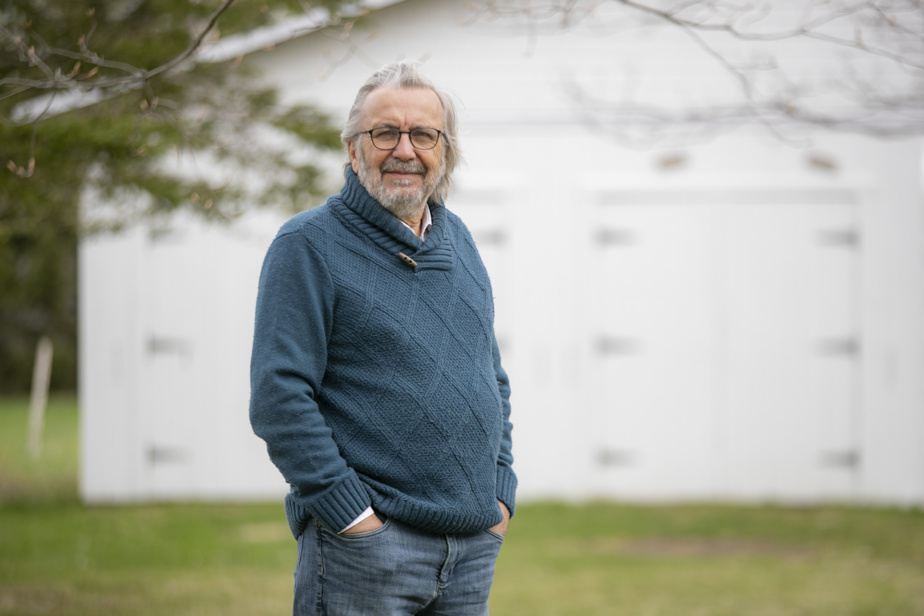“The author is one of the world’s leading specialists in bird intelligence. It is a delight in popular science: research which is always well explained – even if it is very specific –, tasty anecdotes, examples of surprising discoveries, also good reflection and sometimes a slightly amused look at the work of researchers, the scientific approach, the difference between science and pseudoscience. The idea is to say that birds and non-human primates demonstrate a truly astonishing capacity for innovation. He made a review of all the cases of innovation observed in birds […] and there is this whole history of animal intelligence. It reads like a novel, it’s really fascinating. »
“It’s a novel translated from Swedish, a trilogy, in fact, which was published by Alto in a single volume and which tells the drama of AIDS in the 1980s, early 1990s. It takes place in Stockholm, but it’s It happened the same way in all major Western cities at the time. It presents very endearing characters, sometimes very colorful, who discover and experience their homosexuality as a wonderful celebration, but also as a great misfortune, since AIDS killed quickly and cruelly at the time. It’s a great novel that touched me a lot and it was adapted for the theater in a remarkable way by a troupe from Quebec who came to Montreal to see Duceppe in December. »
“I really fell in love with this novel, which tells the story of how the author, whom I met during The Correspondences of Eastman, leaves Montreal and goes to live in a cabin deep in the forest. of Kamouraska. No running water, no electricity, no internet or anything else. And she lives there for several years, a daily life which is extremely hard, especially in winter, but in a very invigorating, very beautiful, very strong communion with nature. The author calls it rural feminism. This is the first volume of a trilogy, with Sauvagines and Bivouac, that I started. It’s very striking. And it has been translated into several languages. »
